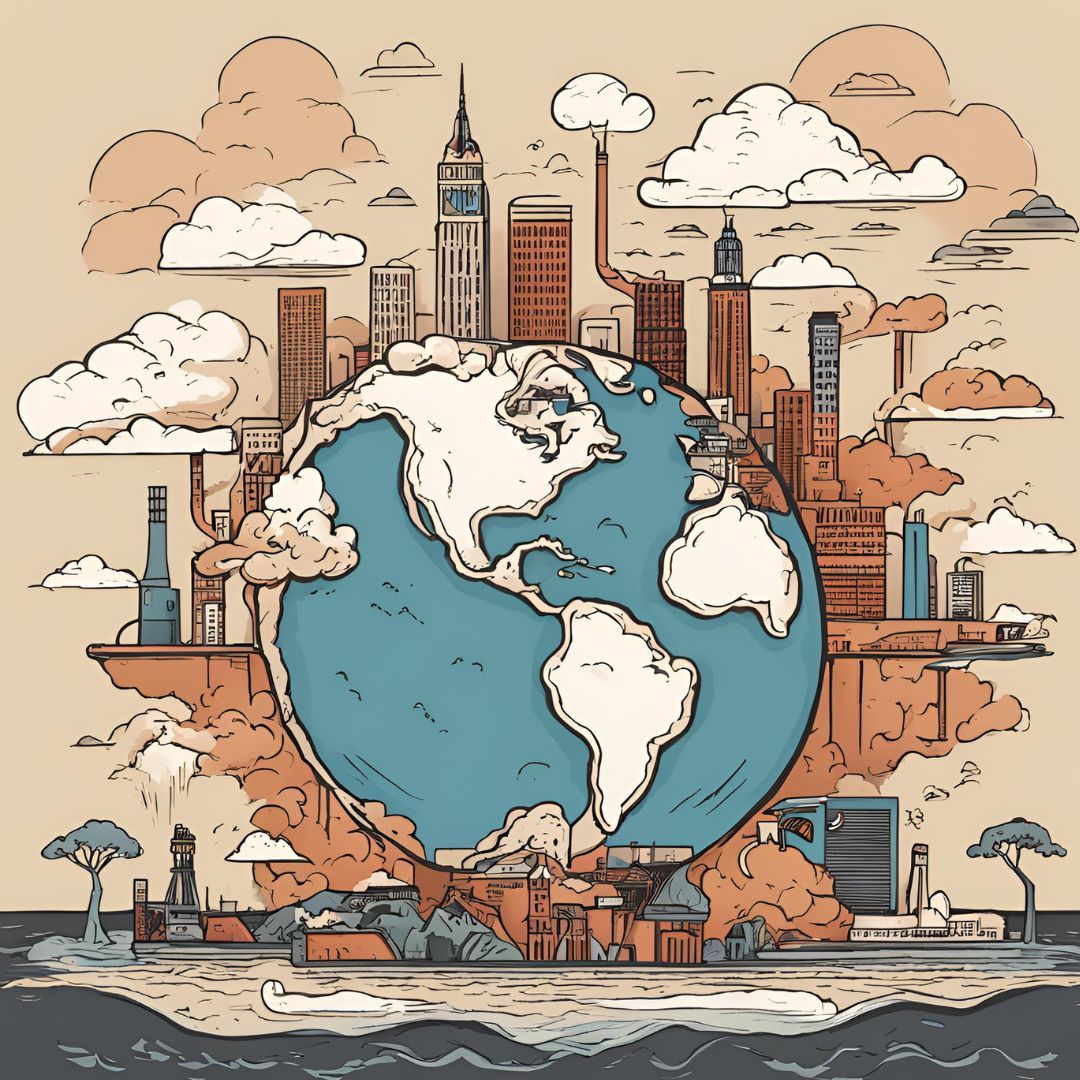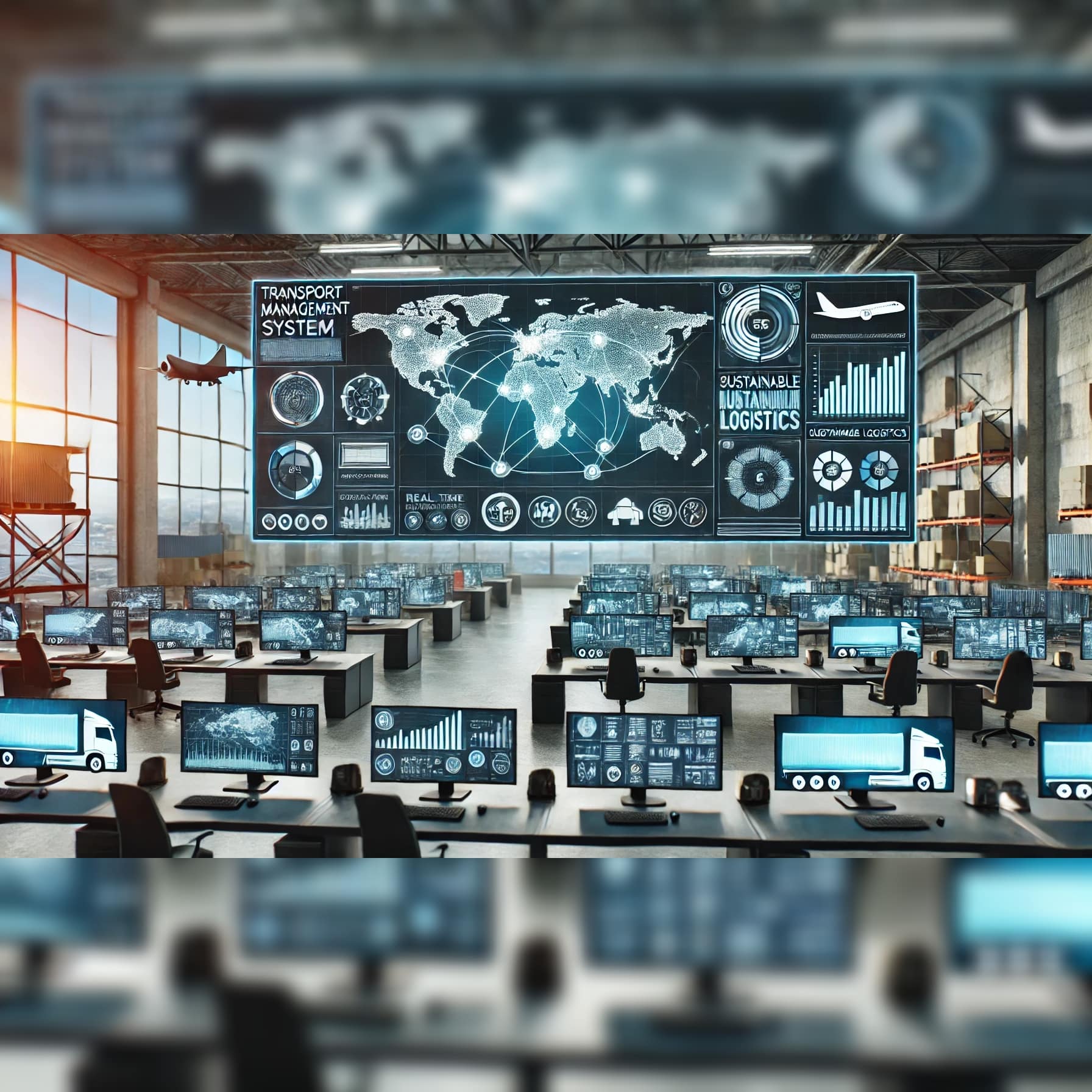
The Race Against Time: How Reducing CO2 Emissions Can Stop Global Warming
The Race Against Time: How Reducing CO2 Emissions Can Stop Global Warming
Global warming is one of the most urgent challenges of our time, and reducing CO2 emissions is at the heart of every strategy aimed at curbing this phenomenon. The goal is clear: to limit the rise in global temperature to 1.5°C above pre-industrial levels, as established by the Paris Agreement. But are we truly on the right path to achieve this?
Why Is CO2 so crucial?
CO2, or carbon dioxide, is one of the main greenhouse gases contributing to the warming of the Earth. It is primarily released through the burning of fossil fuels such as coal, oil, and natural gas for energy production, industry, and transportation. In recent decades, the concentration of CO2 in the atmosphere has reached unprecedented levels, accelerating global warming.
Global Goals: Why 1.5°C?
The 1.5°C limit has been identified by scientists as a critical threshold. Exceeding it could lead to irreversible climate changes, with devastating impacts such as rising sea levels, extreme weather events, and loss of biodiversity. For this reason, governments and organizations around the world have committed to reducing emissions, pushing for a low-carbon future.
Strategies for reducing CO2
There are multiple strategies to reduce CO2, ranging from adopting renewable energy sources like solar and wind power to electrifying transportation and reforestation. Technological innovations such as carbon capture and storage (CCS) are gaining ground, aiming to reduce the amount of CO2 that ends up in the atmosphere. Additionally, transitioning to a circular economy could limit emissions by promoting more efficient resource management.
The Challenge: A rapid but fair transition
However, the challenge is enormous. It’s not just about reducing emissions, but doing so quickly and fairly. Many sectors of the global economy are still heavily dependent on fossil fuels, and transitions must be planned to avoid disproportionate economic and social impacts, especially in the most vulnerable regions and communities.
The Race Is On
Despite the difficulties, there are signs of hope. Many nations, companies, and cities are making concrete commitments to achieve net-zero emissions by 2050. However, the pace of change must accelerate. Every ton of CO2 saved counts in the race against time to avoid the worst effects of climate change.
Reducing CO2 emissions is key to stopping global warming, but time is of the essence. The future of our planet depends on the actions we take today. The race is on, and we are all called to do our part to ensure a more stable and livable world for future generations.




